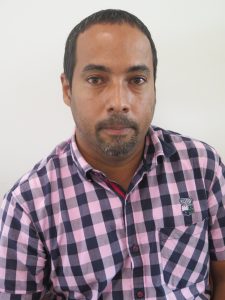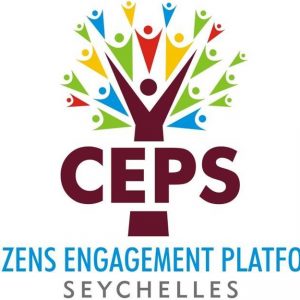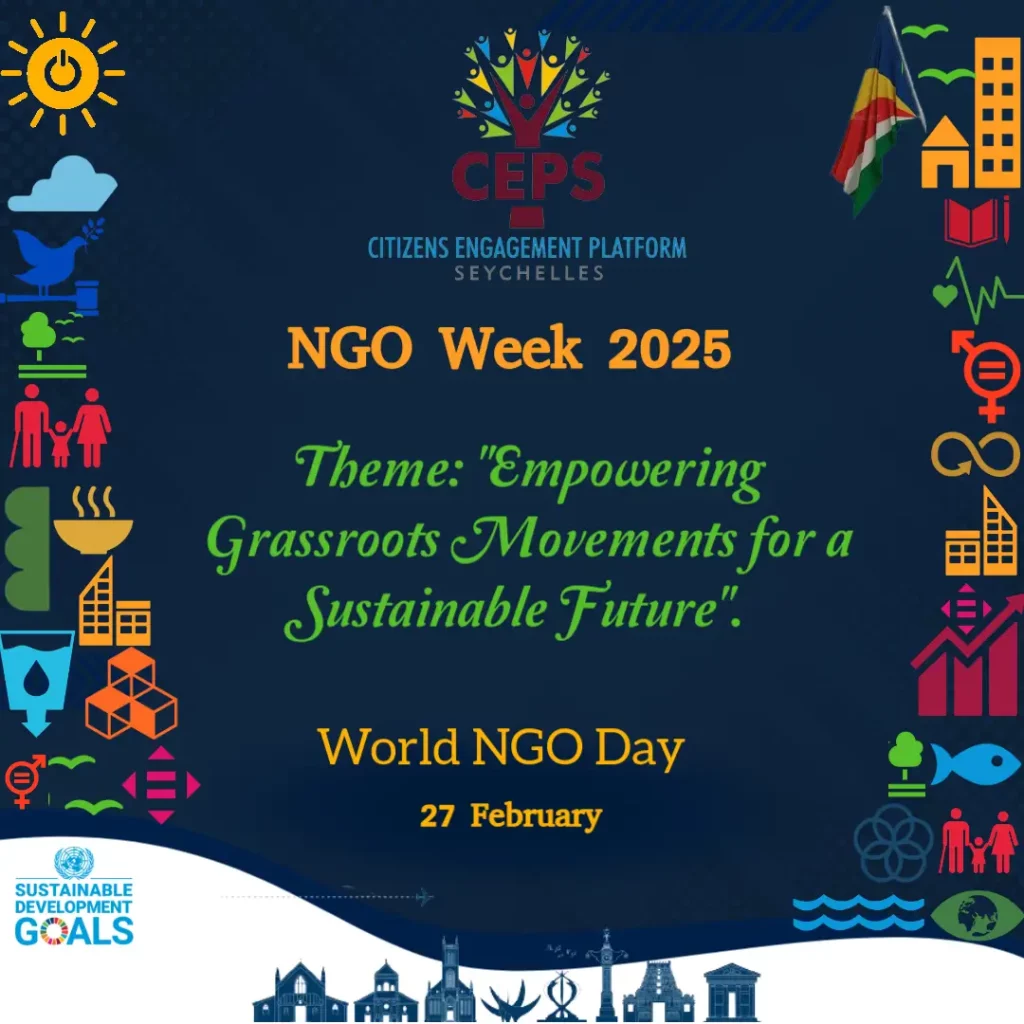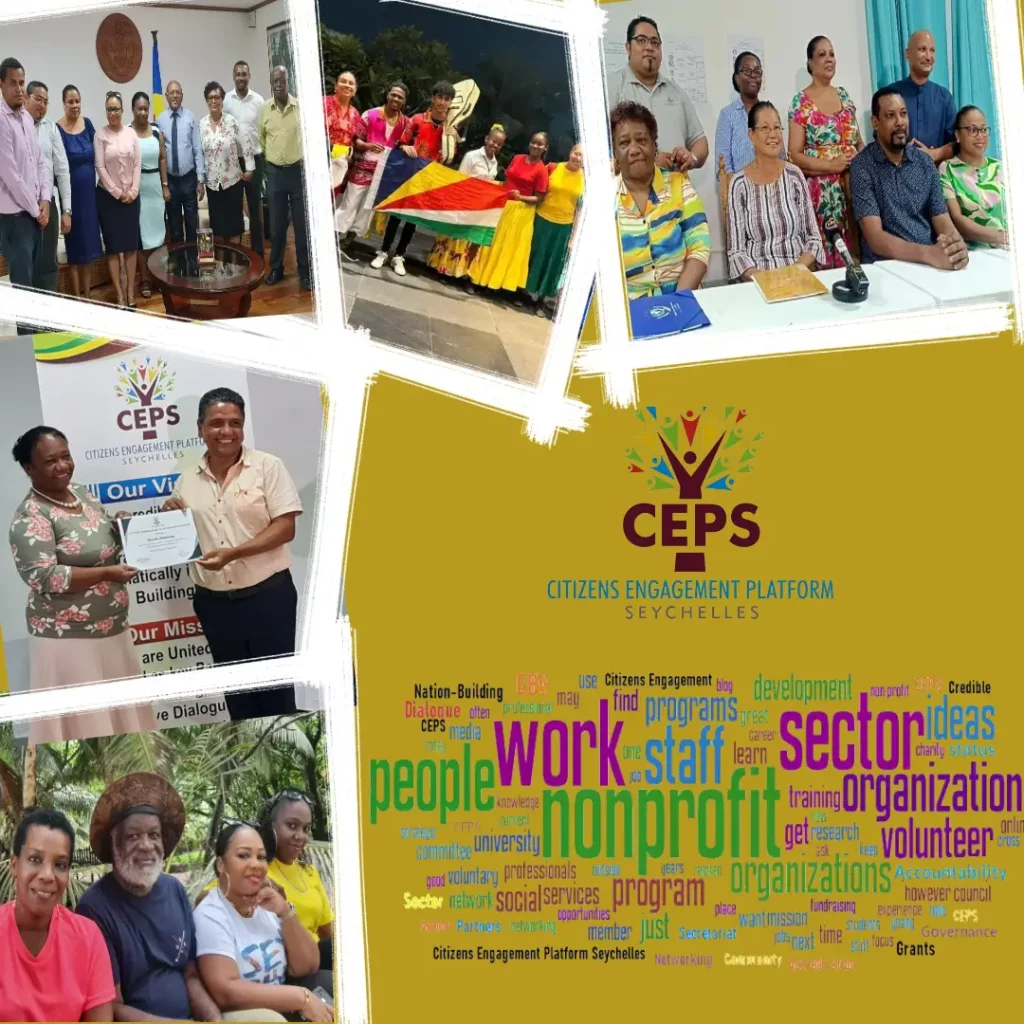12.11.2015
CEPS’ Chairperson Jules Hoareau is now the new chairperson of the regional organization SADC, Council of NGOs. The presidency was handed over to Seychelles during the recent SADC-CNGO general assembly held in South Africa. CEPS’ being the national platform for civil society sector in Seychelles is an accredited member of SADC, Council of NGOs hence Mr Hoareau who was previously the Vice Chair is now the new Chairperson of the council. Delegated from all the 15 country member states attended the general assembly.

After taking his oath of allegiance, the new President gave his acceptance speech to the general assembly in which he reiterated the need to support and strengthen the civil society sector in our region. Mr Hoareau noted that SADC- council of NGOs is established on core principles of good governance, democracy and respect for human rights and that these values are essential for maintaining peace, security and prosperity in our region. The new President added ‘’We need to establish policies to address some of the challenges we are facing in the SADC region and as civil society organizations we must tackle some of the pertinent issues namely: women engagement at political and strategic level, capacity building and strengthening of civil society at national level and peace and security in the region. Some of the challenges which the new board will have to deal with are: the defragmentation of civil society in some SADC member states and lack of capacity and resources of some members and other challenges at national level.
Prior to the general assembly, the SADC-CNGO forum was held also in South Africa. CEPS’ was represented in the Forum by Mr. Jude Fred and Mrs. Marie Nella Azemia, CEPS’ Vice Chairman and Board secretary respectively. The aim of the forum is to bring together various stakeholders with similar interests of evolving the regional integration agenda from various perspectives ranging from socio-economic reform, to political and environmental reform. It creates a bridge between the official and governmental regional leadership and civil society. At the same time it is a space for civil society to:
1. Analyze, reflect and dialogue on the critical issues facing the region;
2. Contribute to and create synergy with the agenda of SADC;
3. Impact on the Summit of Heads of State and Governments;
4. Plan and develop independent actions and priorities for regional civil society for the coming year, including identifying key campaigns, movement building and areas of collaboration.
Some of the issues put forward by CEPS’ representatives in the forum include: formulation of policies to address gender issues in the region, effective and robust communication strategy at national level and peace and security.



